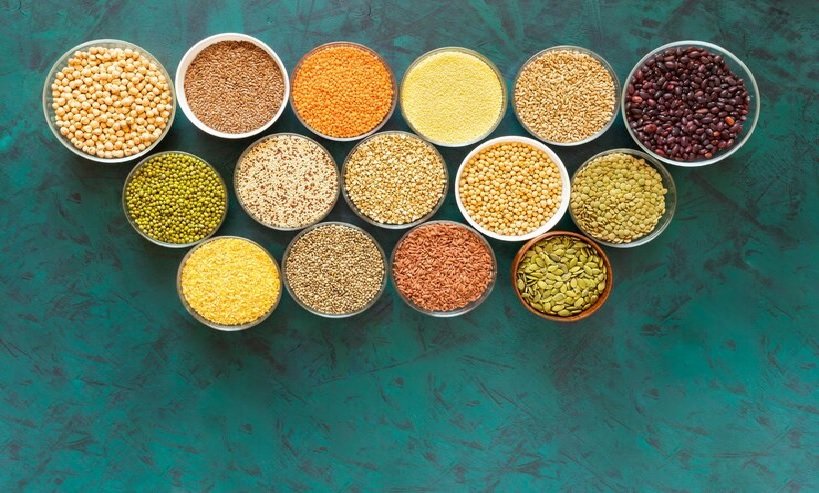Pulses Trading Below MSP, Farmers in Distress; Kharif Sowing Likely to Decline
09-Jul-2025 03:23 PM

Pulses Trading Below MSP, Farmers in Distress; Kharif Sowing Likely to Decline
★ Wholesale prices of pulses in key agricultural markets across India are currently trading well below the government-declared Minimum Support Prices (MSP). This has triggered widespread discontent among farmers and may significantly impact pulse sowing in the ongoing Kharif season.
★ The sharpest decline has been observed in urad, with prices in Maharashtra's Barshi mandi falling nearly ₹1,800 below the MSP. In Madhya Pradesh’s Khirkiya mandi, moong is down by ₹1,182, tur (arhar) is trading up to ₹950 below MSP, chana is lower by ₹200, and masoor is ₹50 below the support price.
★ Ironically, despite the steep drop in wholesale mandi prices, retail prices of pulses remain high. This raises the pressing question: who is responsible for this situation — traders, millers, wholesalers, importers, or exporters?
★ When farmers are denied fair returns for their crops, they are likely to withdraw from sowing. The issue is not limited to pulses — other major Kharif crops like soybean and cotton are also trading below MSP, leaving farmers with virtually no viable alternatives.
~~~~~~~~
★ To protect farmers and support domestic agriculture, it is essential to:
★ Enforces strict procurement at MSP
★ Adopts a farmer-friendly import-export policy
★ Ensures transparency and monitoring in agricultural markets
~~~~~~~
★ If this situation persists, India could witness a sharp decline in pulse sowing during the Kharif season. This would threaten the country’s self-sufficiency and push India towards becoming a net importer of pulses.
